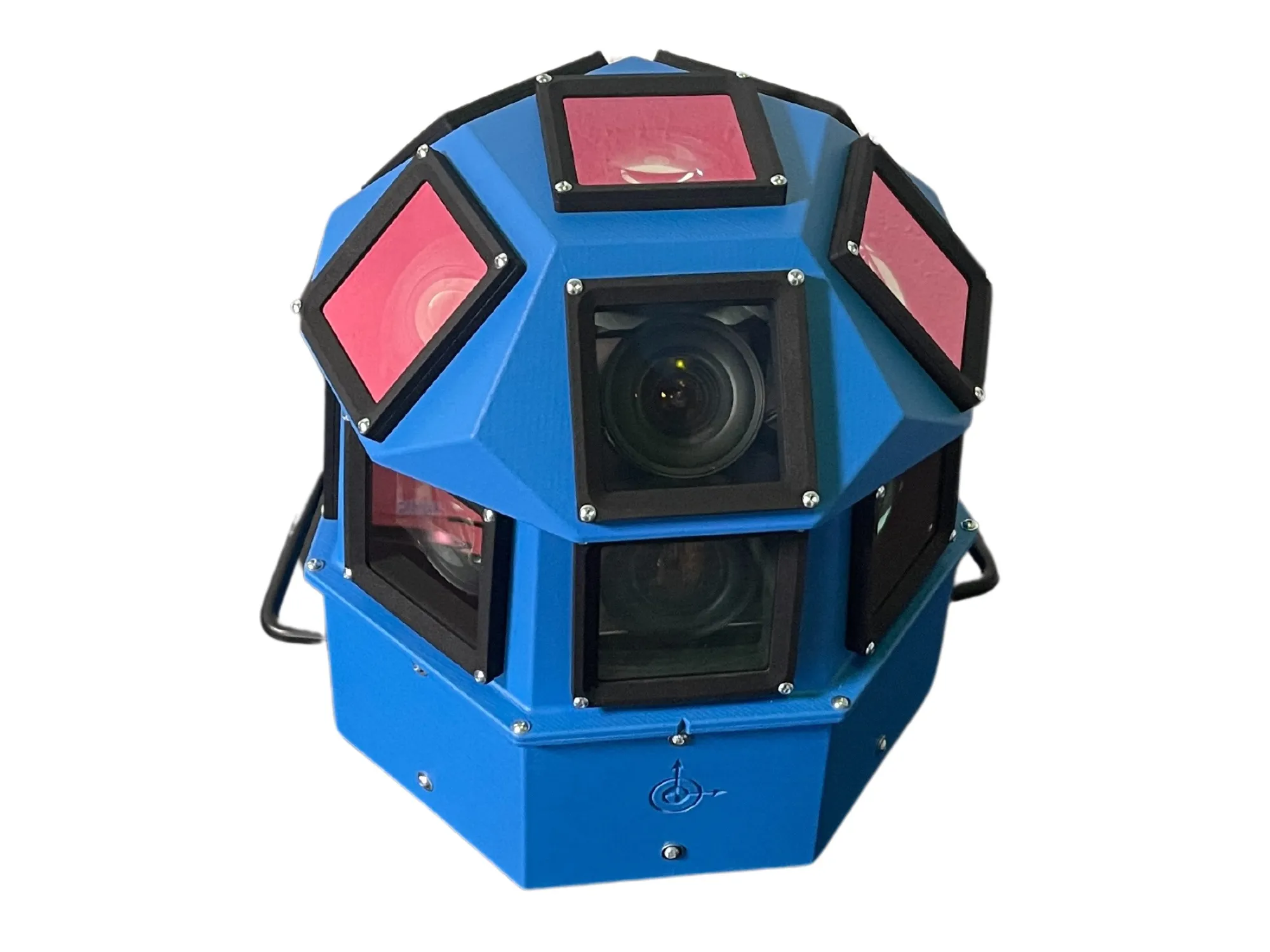
For around three years Texas-based
The basic sprung unit is a cast iron riser housing a large natural rubber ring – elastomer – into which a hollow steel bollard tube is inserted. Installation starts with the base’s being screwed onto a concrete surface. No special securing tools are needed, nor core drilling.
The beauty of this construction, said Impact Recovery president Greg Hannah, is that various preventative barrier formations can easily be configured.
The posts are able to bend 20 degrees from vertical as it progressively absorbs energy to soften the impact of the vehicle. This makes the product also ideal for distribution centres and any areas where slow moving vehicles may come into contact with objects, such as warehouses and distribution centres.
The company’s “bread and butter” product is its mechanical steel spring sign posts that are favoured by municipal and regional government’s since 1991, said Hannah, who has been with the company since it started. Many are used as street furniture for directional road signs. But there is also a large market in Europe and the United States for use along bicycle paths, he said.








